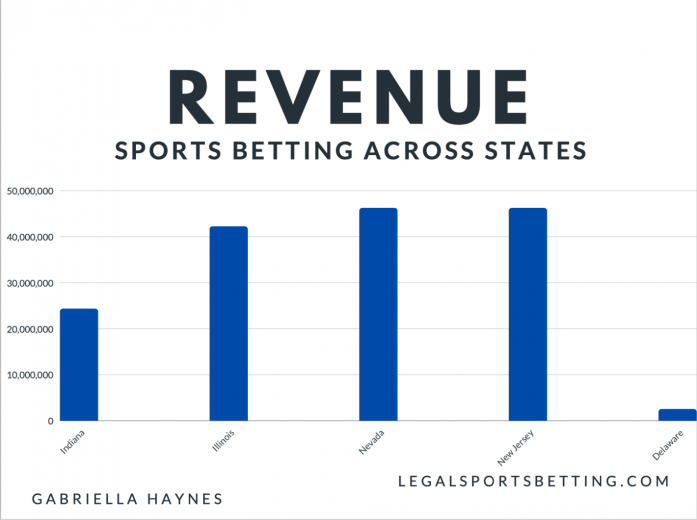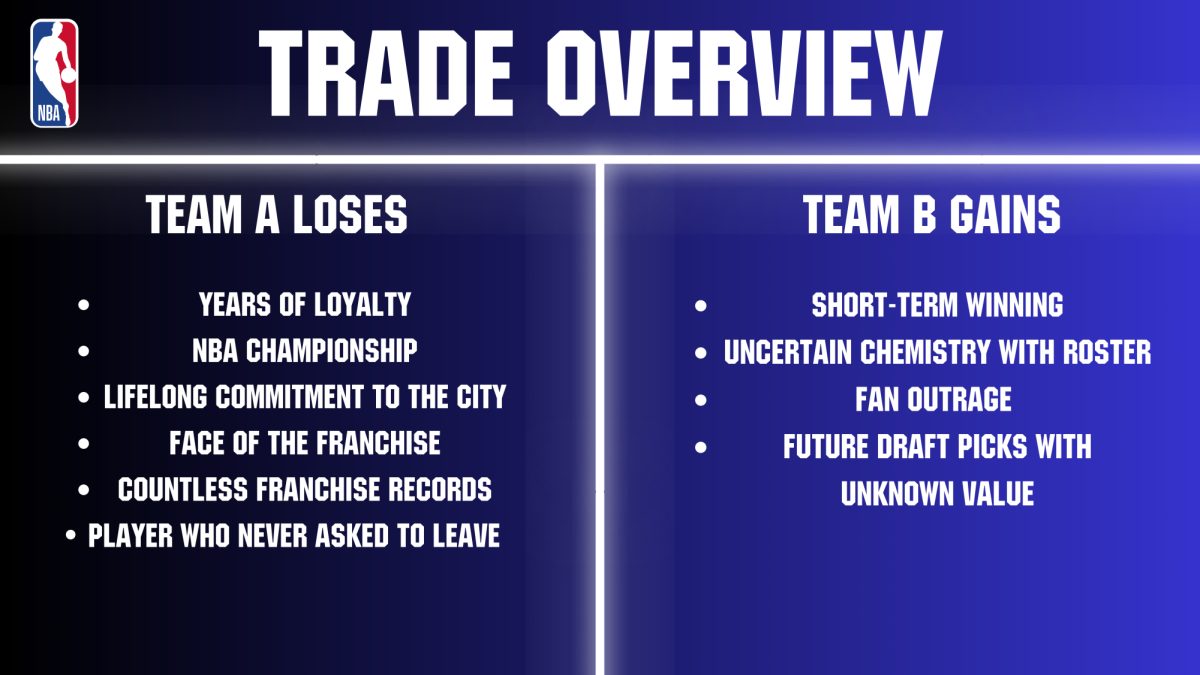The Statistics Behind Sports Betting
May 21, 2021
Throughout the years, the act of sports betting has remained a popular activity amongst many Americans. Most fantasy sports leagues provide an open platform for fans to wager money against friends and colleagues. Bettors consider football to be the best sport to bet on and also the most popular. In addition, betting on the NFL and college football brings in the most sports betting handle each year. An estimated $100 billion is wagered at licensed sportsbooks during the NFL season.

Although this has positive effects for sports companies, there are limited benefits for the individuals who partake in betting. Sure you can win money once in a while, but the side effects of addiction are scarily increasing. There are an estimated 430,000 problem gamblers accompanied by a further 2 million at risk according to a UK Gambling Commission report. Increasingly, children and teens are starting to pick up this addiction in the past 2 years. “Gambling is highly addictive… it’s all about impulse control, and when the individual can no longer control the impulse to gamble, problems occur,” said Andrew Leci, a former television sports presenter.
Experts have researched that the people who are betting need to realize that things will never go the way they are expected to. In addition, you should never be staking more than just a small percent of your overall roll. All invested bettors should research bankroll management in order to look after their money and stay disciplined in the process. Sometimes wagers are placed for the wrong reasons: emotion/sentiment, based on odds, to prove someone wrong or based on what they want to happen. For example, if you place a bet on your favorite team because you want them to win and they are playing a much better team, you should not be surprised if you lose money. It is important to avoid better too often as this can be an immediate cause of addiction.




























